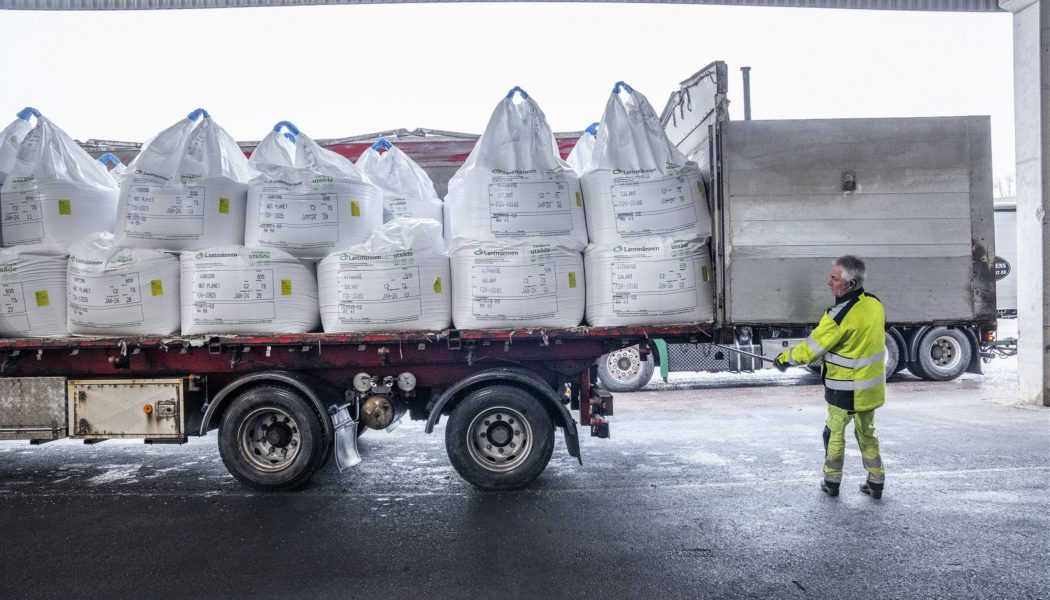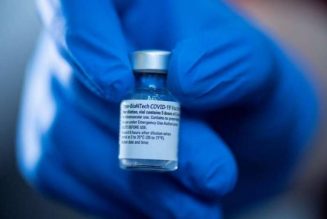Could an all-natural steam seed treatment replace mainstream agricultural chemical treatments? ThermoSeed, a finalist for the 2024 Food Planet Prize, thinks so.
UPPSALA, Sweden –
When Bjørn Stabbetorp, CEO of the Agricultural Division of the Norwegian agriculture co-op Felleskjøpet, began approaching farmers in southern Norway in the late 2000s to convince them to use an all-natural steam seed treatment coming from their Swedish neighbors, he was met with mixed responses.
“Some farmers bought the argument that it would be good to use less chemical products,” he says. “But others were more skeptical about ‘natural treatments.’ They wanted to stick with what they knew.”
At the time, the burgeoning Swedish seed treatment company ThermoSeed was promising a new, novel technique that could protect Norway’s crops from pests and pathogens and better safeguard the health of their environment and farm workers. But even some environmentally minded farmers were doubtful. At the time, seed treatments were considered a chemical process.
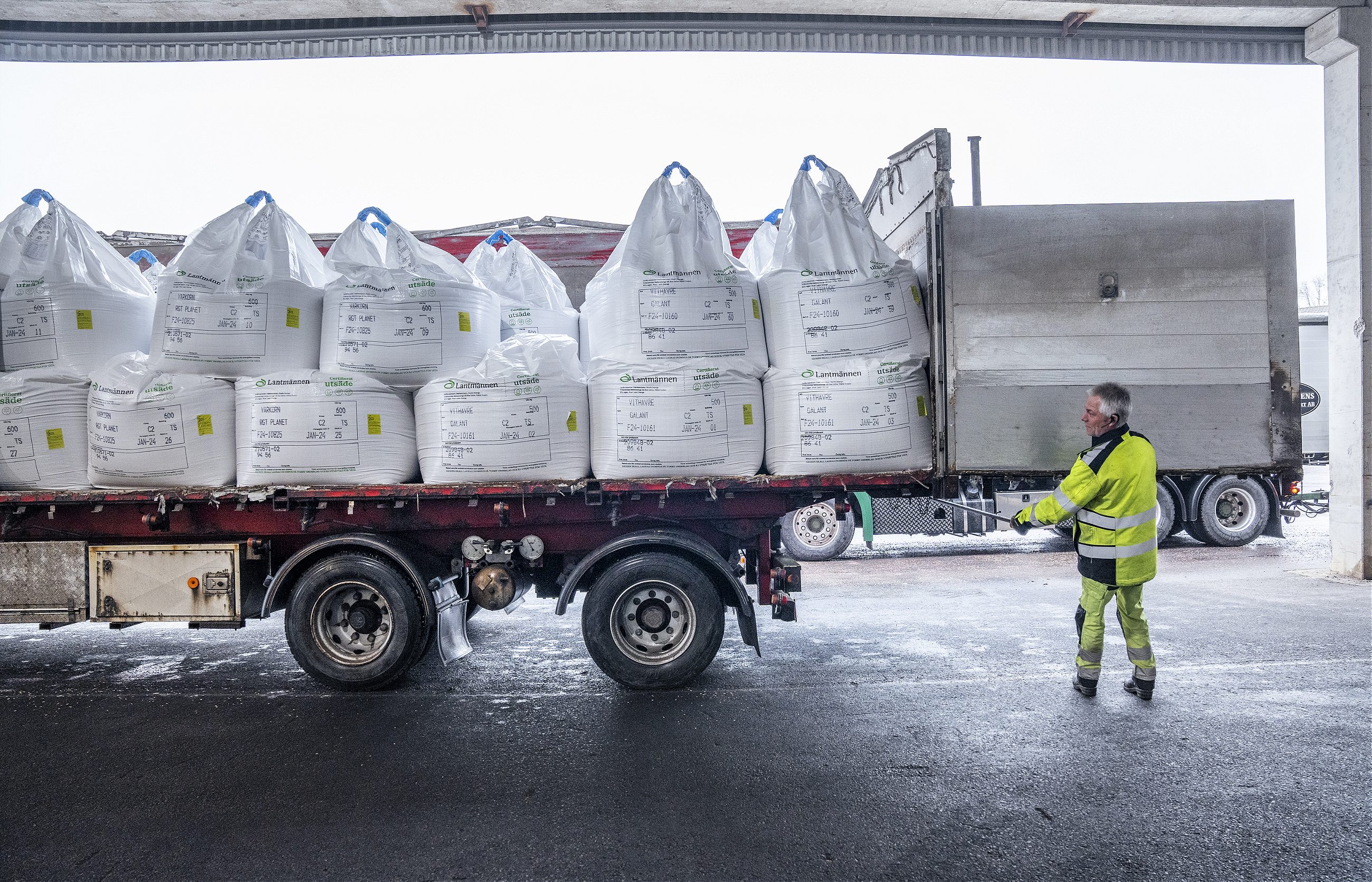
Felleskjøpet evaluated ThermoSeed’s proposition for six years before finally deciding to test their product in 2012. When farmers went to harvest their oats that autumn, their yields were plentiful.
“It worked,” says Stabbetorp. “Now, we try to use ThermoSeed on as many of our seeds as possible.”
ThermoSeed is a Swedish innovation that started from a simple but powerful idea: we can treat seeds, protecting them from pests and pathogens, using nothing but hot, humid air. The goal? To replace pesticides with an all-natural technique, eliminating hazardous agrochemicals from our environment. Since ThermoSeed began operating fifteen years ago, they have protected the region’s rivers, lakes, and soils from an estimated 3,000 cubic meters of chemicals that would have been applied to seeds had ThermoSeed not existed. If scaled up, steam seed pasteurization has the potential to not only replace pesticides but also make crops more productive throughout the globe.
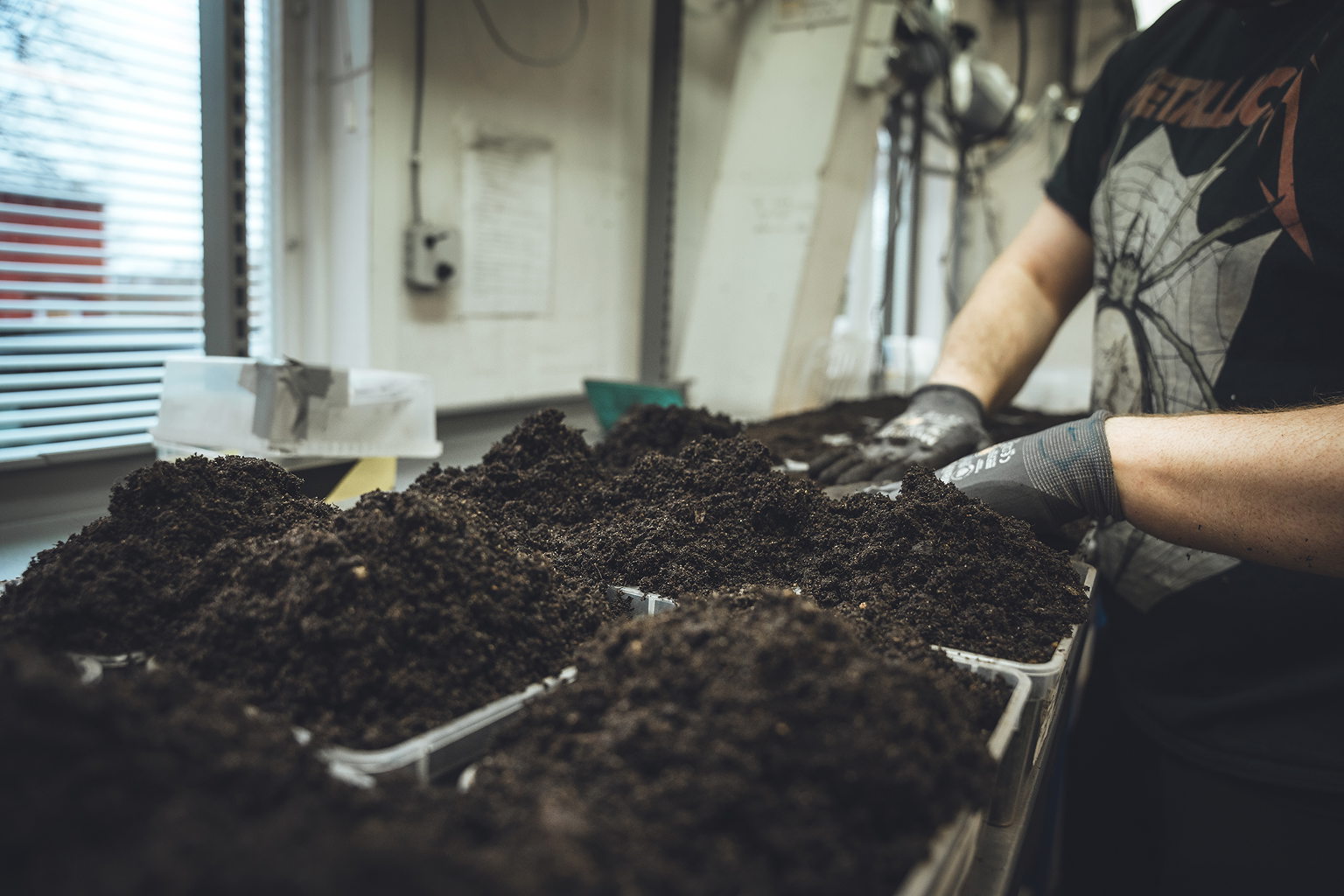
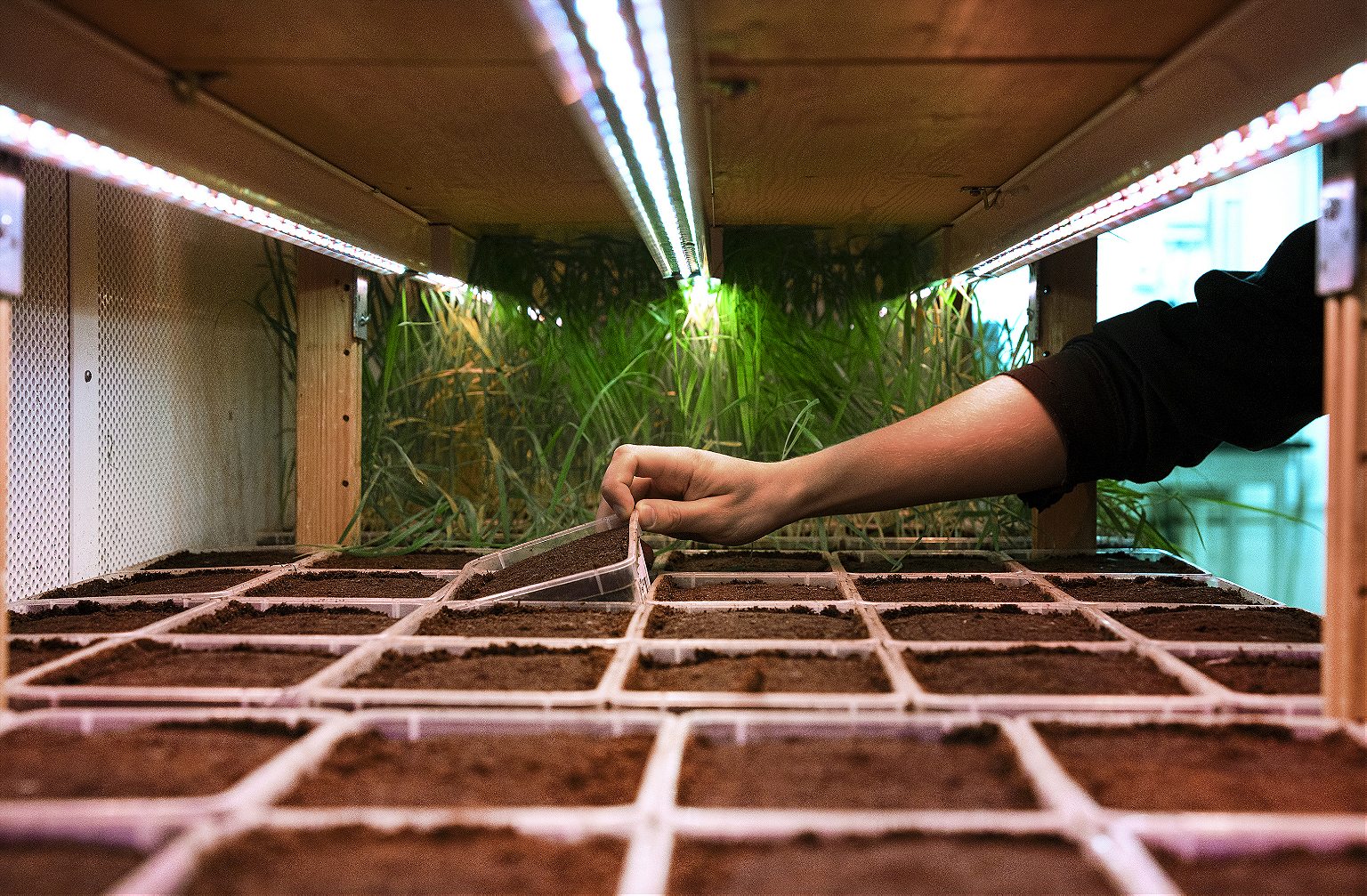
“The ThermoSeed treatment is as effective at killing off pests as any chemical alternative,” says Stabbetorp. “But ThermoSeed has some extra benefits: no exposure to chemical pesticides.”
It’s a freezing Tuesday morning, and Kenneth Alness, the innovator behind ThermoSeed, is driving us through the Swedish countryside. The sun, out for only a few hours in early January, lights up the red wooden houses dotting the snow. As we drive, Alness points out his homeland’s historical sites: the wooden hut where Viking kings were selected, a ridge formed during the Ice Age dividing Uppsala from Stockholm, and the 12th-century red church where he and his wife married.
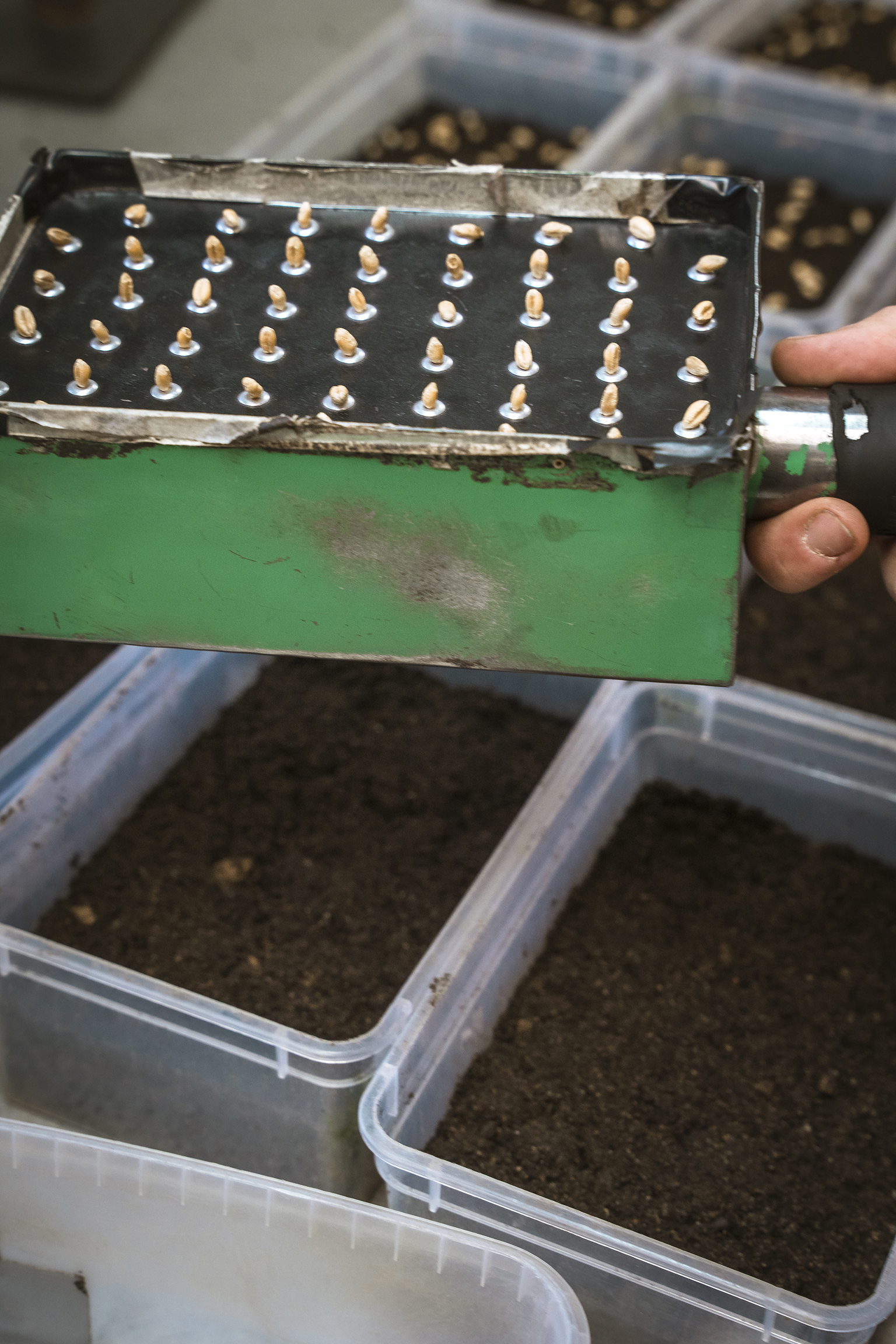
From this corner of the world, Alness, 67, has spent his life dreaming up a solution he believes could have global implications: replacing chemical pesticides with steam seed treatments.
The intricacies of seed treatment may seem like a niche topic of interest only to those working in the agricultural industry. But how we treat seeds has far-reaching societal implications on our food, environment, and health.
Today, most crop seeds must be treated to avoid disease and protect their yield potential. Otherwise, there is a high risk of crop failure, which could cause food security issues and bankrupt farmers. For decades, pesticides have seemed like the only option despite their well-documented problems: 22% of European rivers and lakes are contaminated with pesticides, and 84% of participants’ bloodstreams in a recent survey contained pesticides.
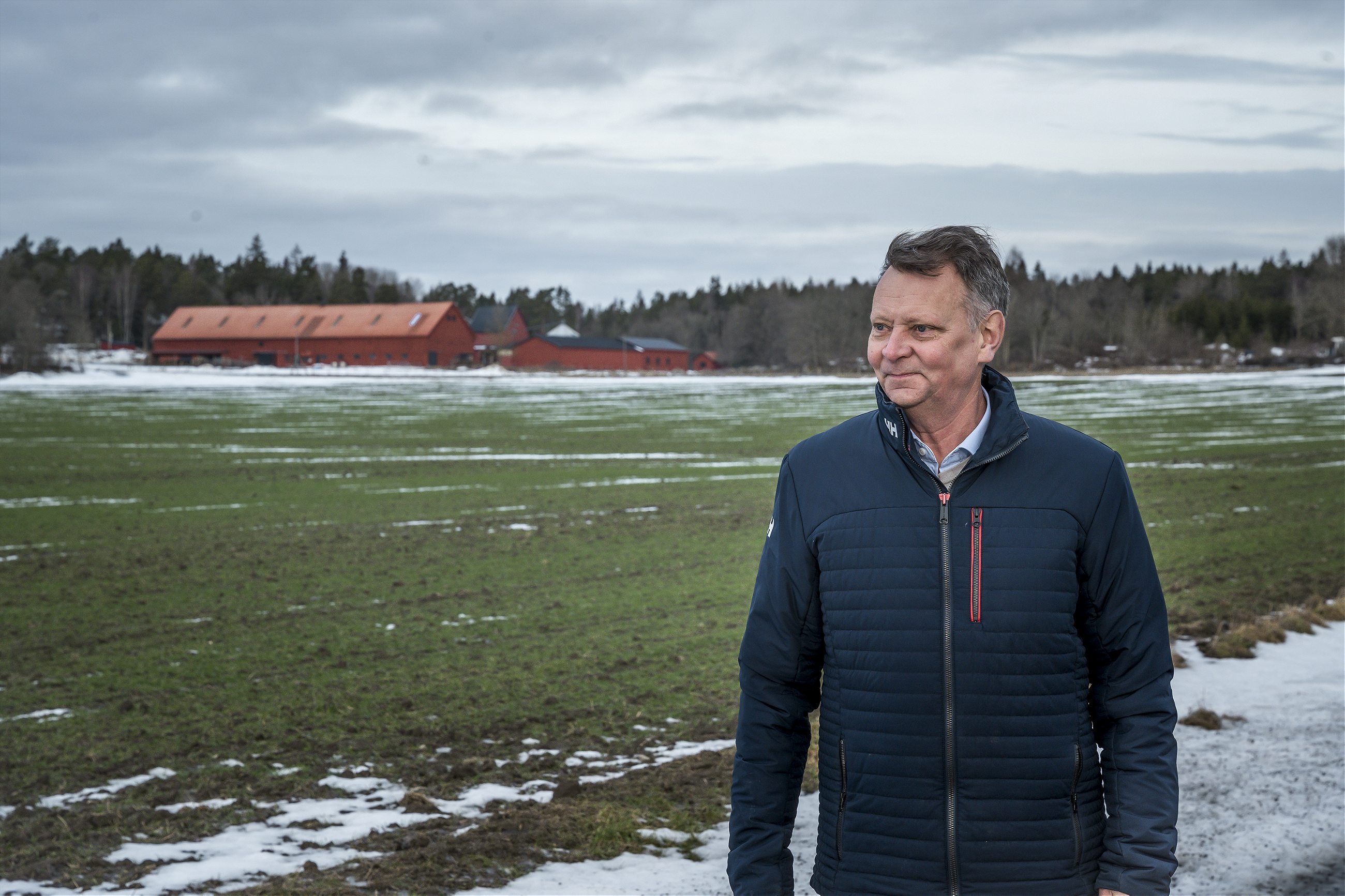
This is where ThermoSeed comes in: the natural technique, which involves steaming crop seeds, eliminates chemicals from that part of the agricultural process.
Alness first got the idea for steam seed treatment while visiting his father-in-law in the 1990s. He found a book tucked in the older man’s bookshelf, explaining that seeds were treated with hot water before the rise of agrochemicals in the 1950s. Alness began to wonder: Could we treat seeds with steam?
He hypothesized that we could “bathe” away fungi from seeds by creating a steam sauna that would kill off pests and pathogens. By determining the right amount of seed exposure to hot, humid air, Alness thought that he could immunize seeds from pests and pathogens while also improving their growing power. The result would be a tailored humidity “recipe” for each seed lot. Alness and his team tested his theory for a decade, conducting more than forty trials across Sweden, Germany, France, and Italy.
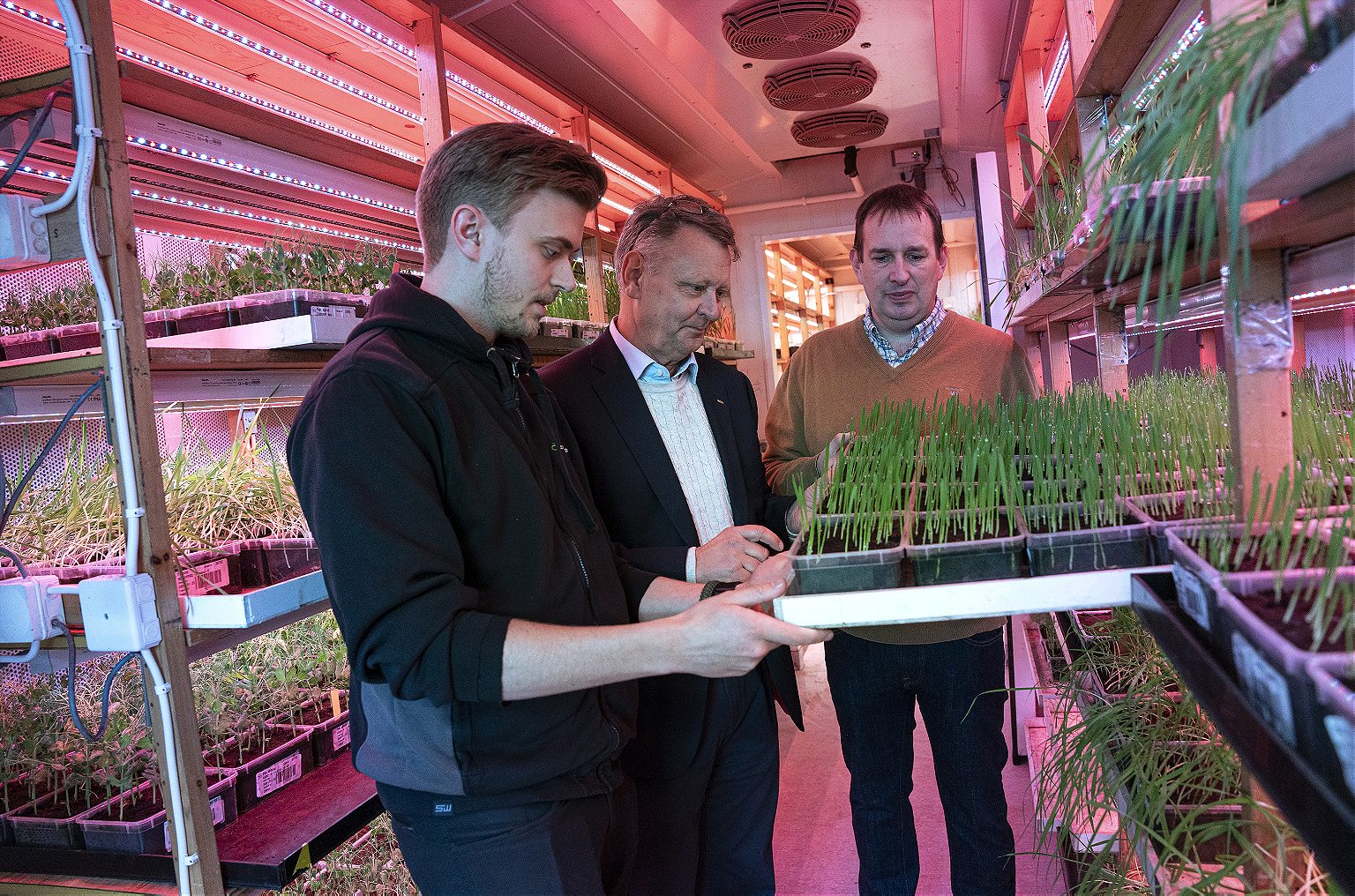
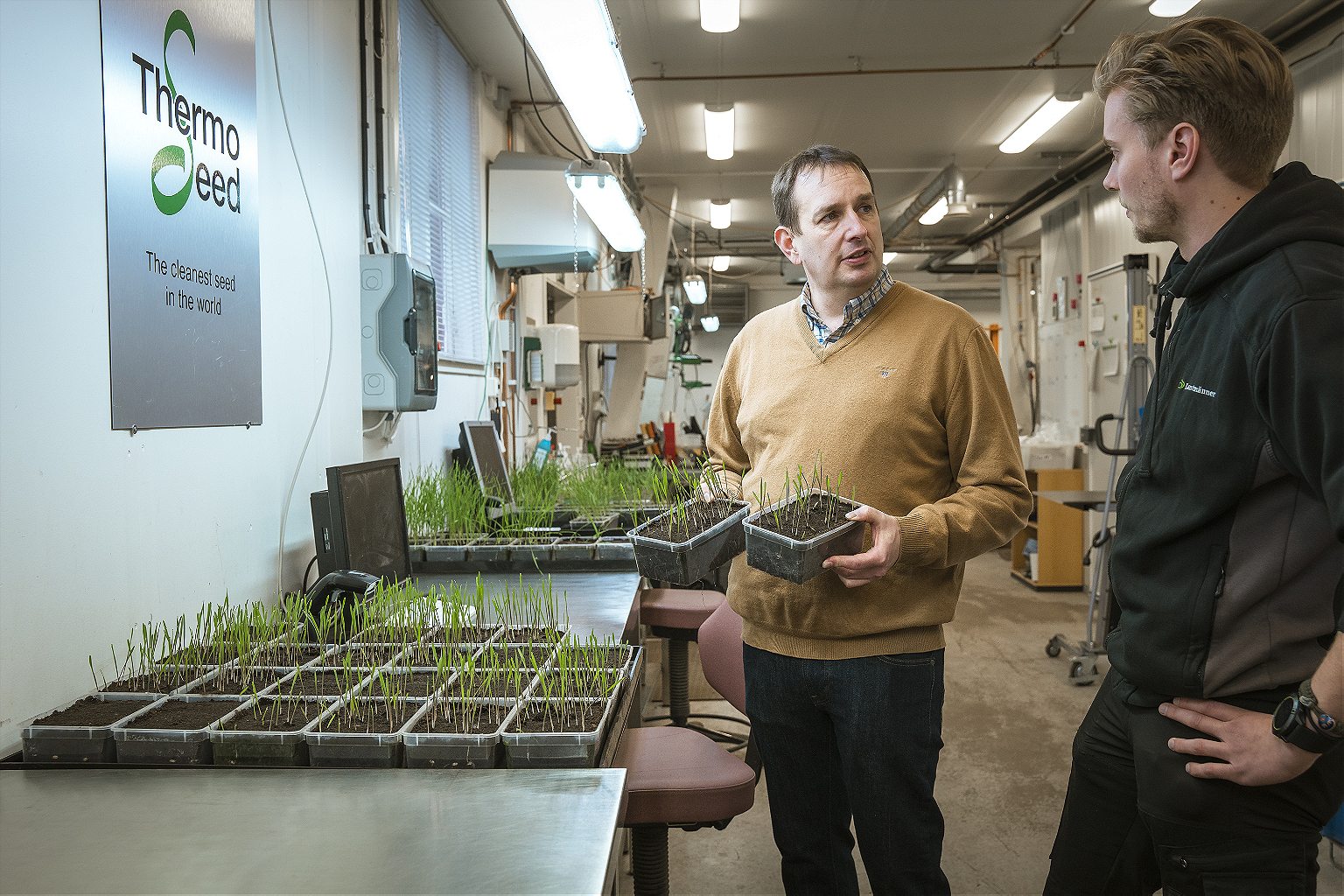
His experiments proved promising: the studies revealed that steam seed treatment could be as effective as chemical alternatives and that it resulted in higher crop yields. In Europe, crops that used steam-treated seeds saw a 5-10% increase in yield production. In Mali, ThermoSeed trials increased production by up to 27%.
“We knew we had a new technology that could change agriculture,” says Alness.
Since entering the marketplace in 2008 with its first full-scale equipment at the Swedish agricultural cooperative Lantmännen, ThermoSeed has been very successful. In Sweden alone, the company estimates they have been able to avoid applying two million liters of pesticides from the environment. Each year, 160,000 tons of seeds globally are treated using the ThermoSeed technique. Though ThermoSeed has a relatively small number of clients, roughly a dozen spread across Europe and North America, these customers are huge conglomerates. In Sweden, 40% of certified seeds come from ThermoSeed. In Norway, Felleskjøpet, ThermoSeed’s Norwegian customer, accounts for 50% of the accredited cereal seeds in the country.

ThermoSeed’s success is partly thanks to changes in European environmental and agricultural laws over the past decade. In 2020, the European Union (EU) approved the Green New Deal, which commits the European Commission to reduce the use and risk of chemical pesticides by 50% by 2030, thus increasing demand for sustainable treatments like Thermoseed.
At the same time, market demand for natural foods has also increased as people have become more environmentally conscious. Since the early 2000s, market shares for organic foods have tripled to more than 5% in Germany and the United States, and reaching up to a 9-12% share of the Swedish market in 2018.
“There has been a huge change in people’s perception since the 1990s,” says Alness. “Now, the customers want climate friendly products.”
When ThermoSeed first appeared on the market, pesticide companies dismissed the idea, warning customers that the products might not be effective.
“The chemical companies didn’t believe there could be an alternative,” says Stabbetorp. “They gave us all kinds of arguments as to why [ThermoSeed] wouldn’t work.”
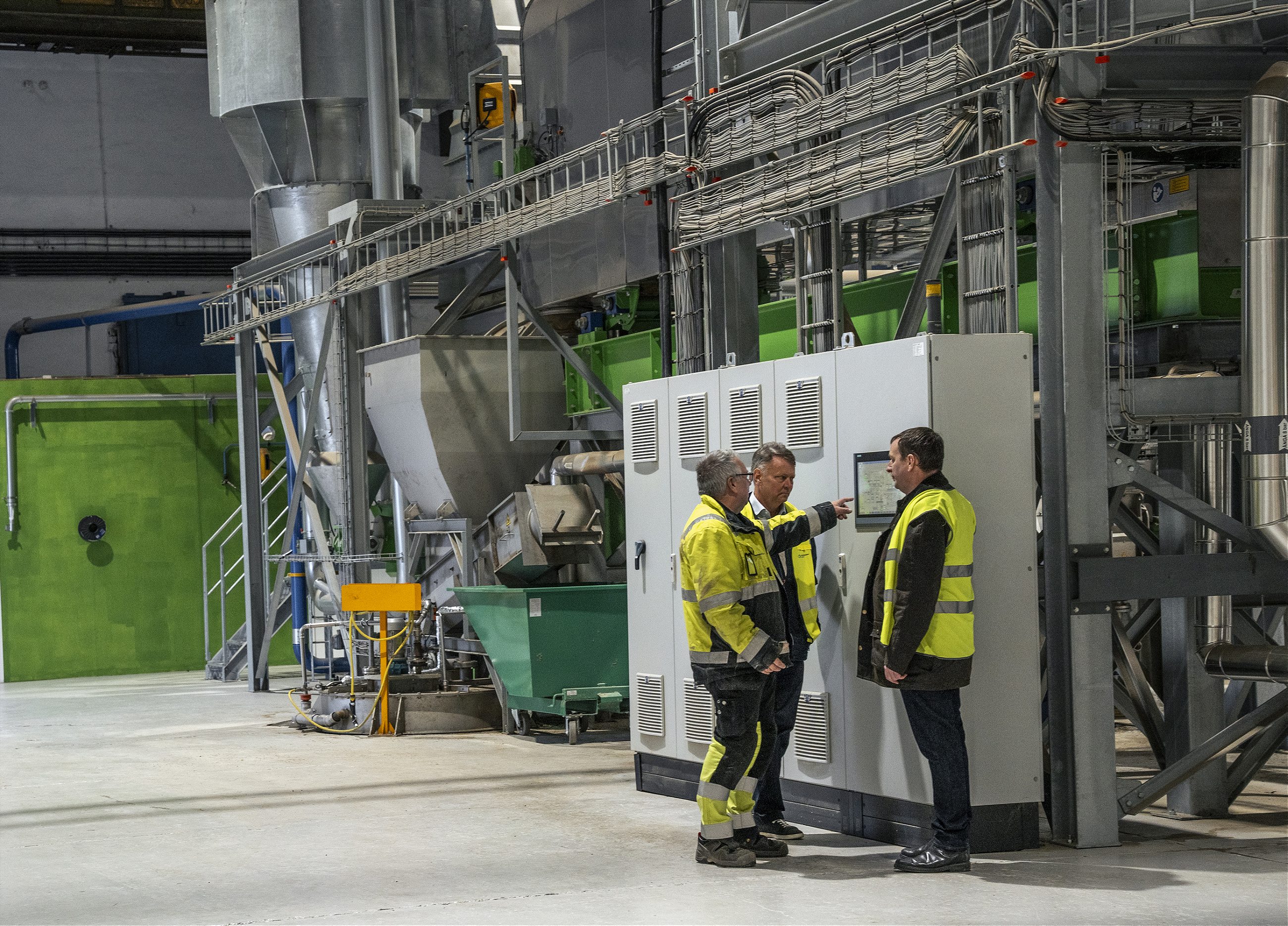
Today, many companies that previously criticized ThermoSeed are turning to them to replicate their model.
“These agrochemical companies are aware the world around them is shifting,” says Anders Krafft, the CEO of Lantmännen BioAgri AB, which now owns the ThermoSeed method and trademark. “They know they have to change tactics.”
Although tides are turning away from agrochemicals, there is still work remaining to make seed steam pasteurization financially viable. While steam seed treatment is cheaper in the long term than agrochemicals, it does require significant initial investment.
Unlike pesticides, which are a one-size-fits-all approach to pest eradication, steam seed pasteurization is tailored to a given seed lot. This means that before a seed can be treated, a sample of the seed lot is sent to a laboratory right outside Uppsala. Here, the seed is tested at various conditions to determine the optimal combination of humidity, temperature, and time. The result is a “recipe” tailored to each seed lot that eradicates diseases, enhances seed vigor, and promotes optimal germination. Once this recipe is determined, seeds are treated using specialized ThermoSeed equipment.
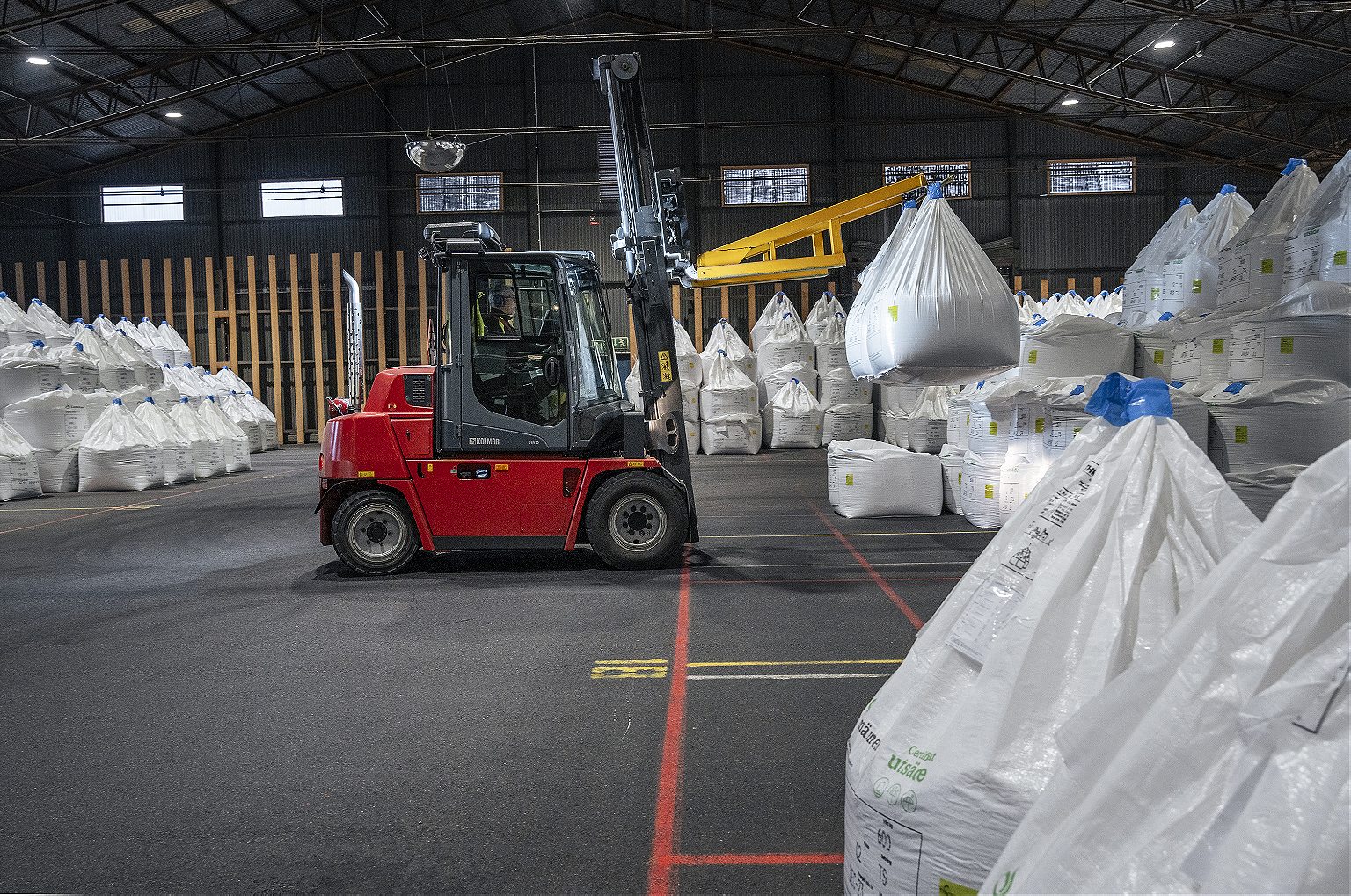
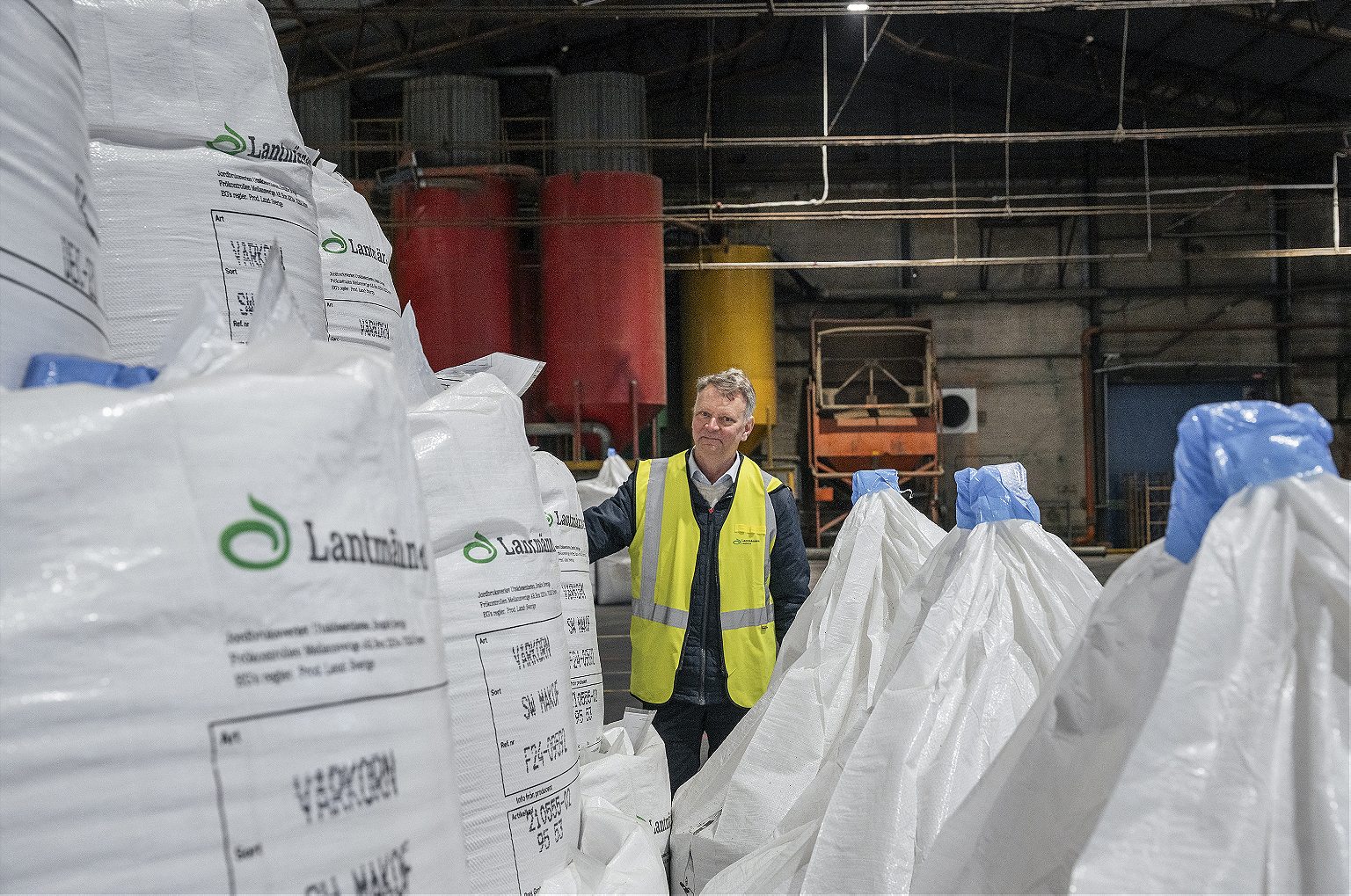
ThermoSeed equipment is expensive, and it takes seven years before buyers begin to see a monetary payoff. While agricultural co-ops in more affluent countries can afford this investment, many farmers in poorer countries need help, putting the ThermoSeed method out of reach for those who require it most.
“Climate and environmental considerations are always priority number one,” Alness says. “But the finances have to keep up.”
Alness is searching for a solution: he has designed a new machine that would be cheaper and use less water and energy, which he hopes to get on the market within the coming years. Lantmännen BioAgri are at the same time working with a faster and remote-controlled recipe system to simplify global expansion.
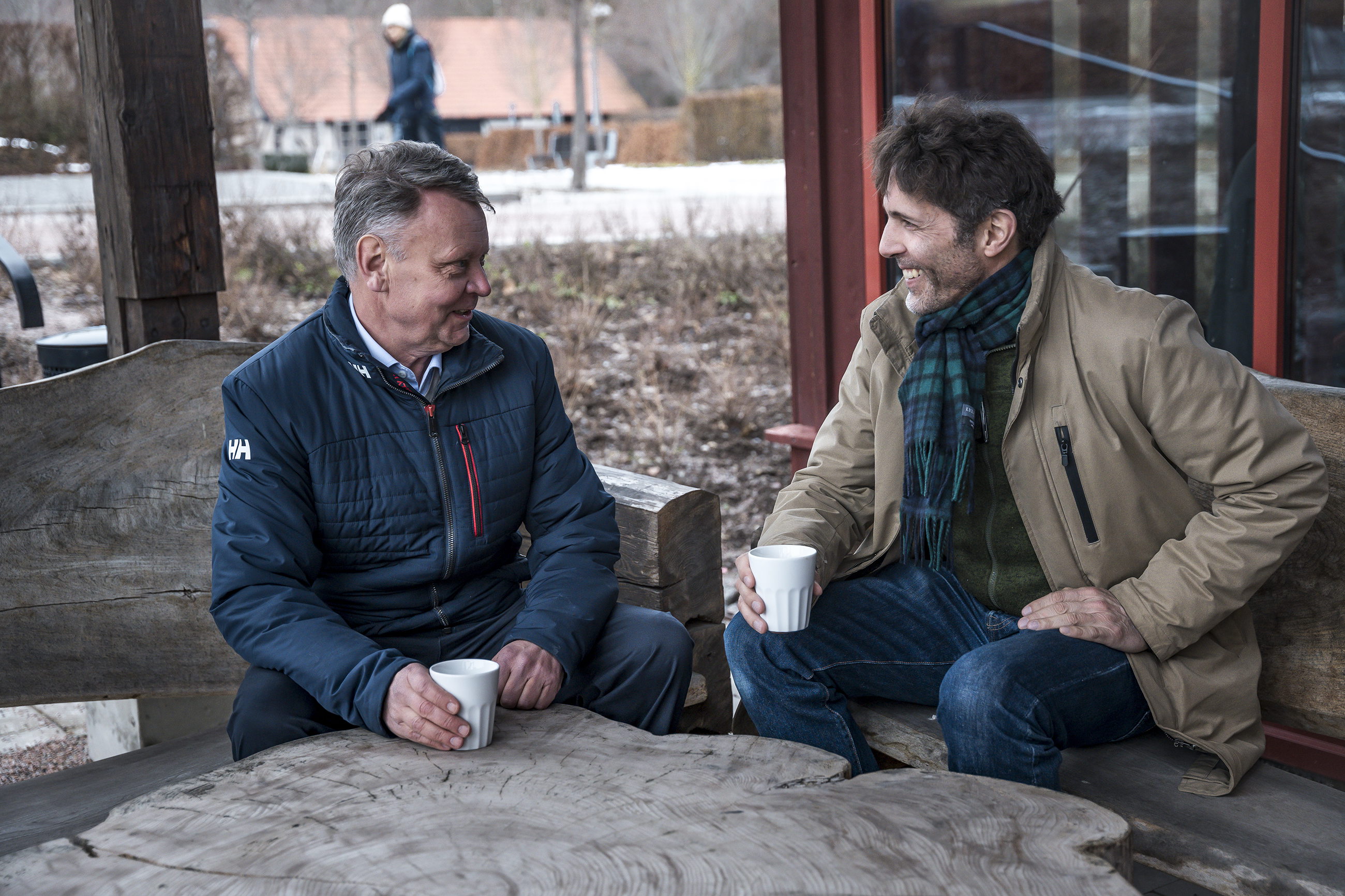
Scientists who have studied ThermoSeed say that if questions around initial investment are solved, the technique could have transformative impacts on the global agricultural system.
“The advantages are obvious: we don’t introduce pesticide into the growing cycle of the crop, and we increase yields,” says Gustaf Forsberg, who wrote his PhD on ThermoSeed at SLU, the Swedish Agricultural University. Globally, he says, these increased yields could reduce the land required for farming.
For Forsberg, who is now a farmer himself, ThermoSeed is also ushering a new way of working for farmers: “We can touch ThermoSeed treated seed with our bare hands and not worry about the impact it is having on our health.”
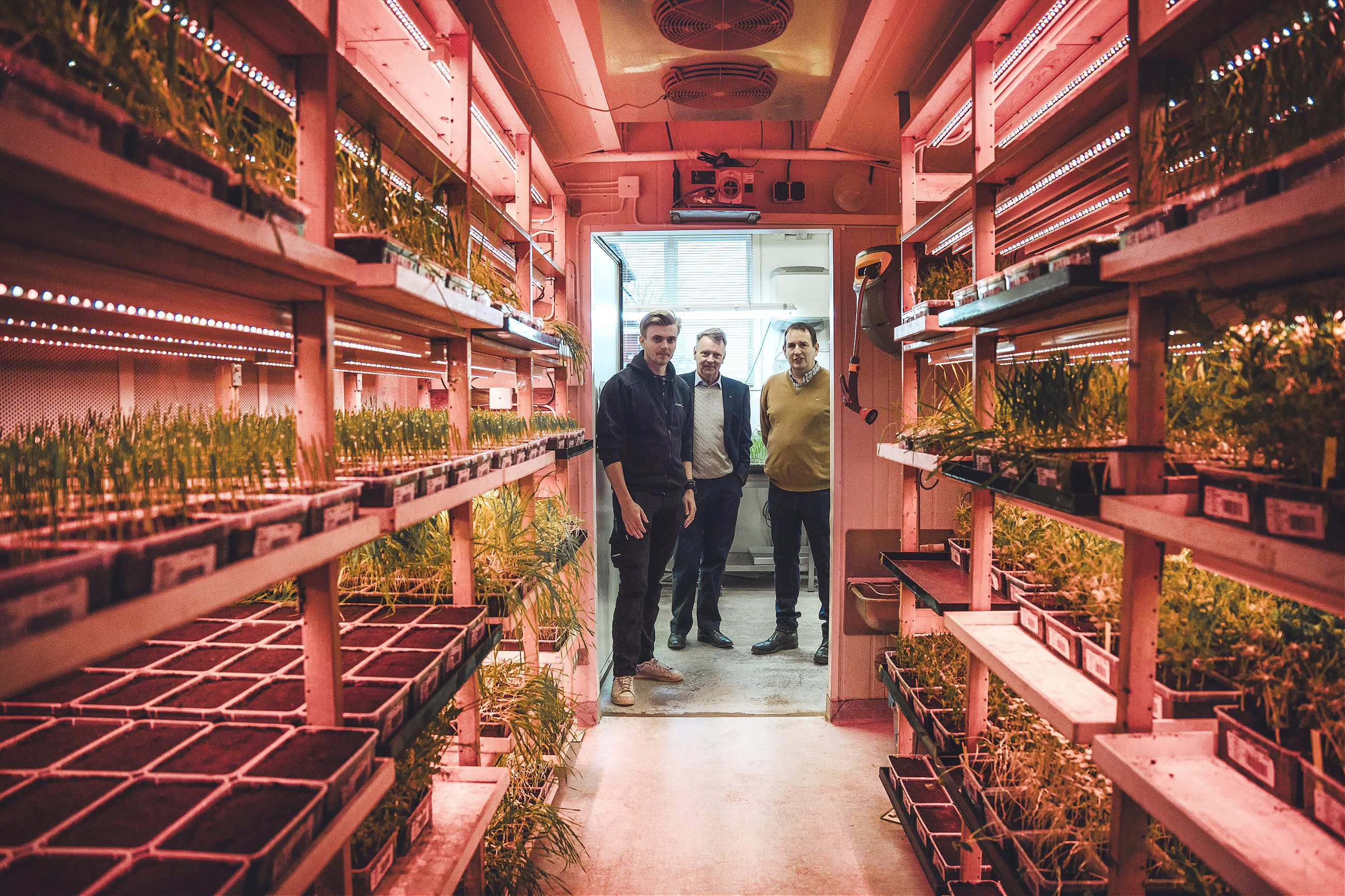
Alness’s innovation has taken him around the world: he has met with farmers in Kazakhstan, agricultural co-ops in India, and interested buyers in China. In Sweden, he has won many sustainability prizes, receiving a visit in his laboratory from the Swedish Crown Princess.
But for Alness, the success of ThermoSeed is a family victory that unfolded here in the Swedish countryside. His grandparents were farmers, cultivating the land near where he now lives. His son, Alexander, is the laboratory leader where the special seed “recipes” are developed, and the idea for steam pasteurization came from his father-in-law’s book.
“It’s a wonderful life story,” he says. “To work on something you believe in.”
At the end of our drive, Alness points out a red house on the right. “That’s mine,” he says. A home with a solar-paneled covered roof sits in the middle of the farmland. Every morning, Alness laps the fields surrounding his house with cross-country skis strapped to his feet.
“Nature has always been in my heart,” he says. “We all need to find strategies to protect it.”
